Money has never just been about coins and notes. It’s about trust, access, and how we interact with the places that manage our finances. For generations, that meant walking into a building, standing in line, and dealing with a teller behind a glass window. Today, a growing number of people rarely visit a bank in person.
Instead, they manage nearly everything from their phones. The shift from traditional banking to online banking hasn’t just been about convenience. It’s changed how we think about banking altogether. But is one better than the other, or does it depend on what you need?
Online banking lets you handle your finances through a website or app without ever needing to visit a physical branch. It covers things like checking balances, paying bills, transferring funds, and depositing checks with a photo. Some online banks are digital versions of established institutions, while others are “online-only” banks with no branches at all.
The appeal is simple: access your money anytime, anywhere. This is especially helpful for people who travel often, work long hours, or live far from the nearest bank. It's also become more relevant as mobile-first generations expect financial tools to be as fast and smooth as everything else on their phones.
Online-only banks often have lower operating costs, which can result in better interest rates and fewer fees. Without buildings to maintain or branch staff to pay, these institutions can focus more on offering perks, fast digital services, and user-friendly platforms.
However, digital-only banks tend to fall short in areas that require more personal involvement. If your account gets frozen, a wire transfer goes missing, or fraud occurs, getting someone to help you in real time can take longer. Some people miss the human touch. Others simply don’t trust an app with all their money.
Traditional banks are what most people grew up with—physical branches, paper statements, and in-person service. They often offer the full suite of financial services, including savings and checking accounts, mortgages, investment advice, and business loans. And they typically have long histories and established reputations, which can give customers a sense of safety.
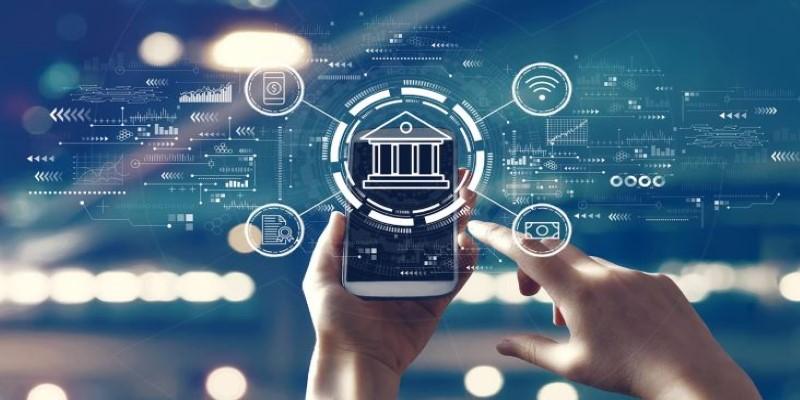
For those who prefer in-person communication, this setup works well. Want to speak with someone about a complicated loan? Need help setting up a trust or dealing with a fraud case? It's easier when you have a go-to person at a branch who knows your name.
Traditional banks also offer ATM networks, safe deposit boxes, and certified checks—services that online-only banks don’t always provide or support directly.
That said, the in-person experience isn't always ideal. Many brick-and-mortar banks still charge fees for basic services, from overdraft penalties to minimum balance charges. Their interest rates on savings accounts or certificates of deposit are often lower than those of online banks. And not every branch is open at convenient times, which means you may still end up calling a support line or waiting in line.
When it comes to fees and interest rates, online banks usually win. Most offer free checking with no monthly maintenance fees, free bill pay, and higher annual percentage yields (APYs) on savings accounts. They also tend to release direct deposits faster. Traditional banks often charge more and offer less, but the tradeoff is face-to-face service and a broader selection of financial products.
Security is another area where people have strong opinions. Online banks use the same encryption and security protocols as traditional banks. In both cases, your deposits are typically insured up to a limit by the government. But public perception varies. If you’re used to walking into a branch and seeing your money "somewhere," a bank that exists only on a screen may feel less secure—even if it isn't.
Customer service is where traditional banks usually outperform their digital counterparts. Although many online banks offer chatbots and email support, the process can be slow, especially when dealing with urgent issues. Larger banks with branches can often resolve problems faster, especially if you're physically present and need something done the same day.
Access is another factor. If you need cash, traditional banks offer ATMs and even drive-thru options in some places. Many online banks partner with ATM networks, but this varies. And while mobile check deposit works for most people, those with irregular checks or larger deposits may still prefer handing them to a teller.
There’s no one-size-fits-all answer. If you rarely need to visit a bank, prioritize low fees, and prefer digital tools, an online bank might be the better fit. It’s fast, simple, and usually cheaper. But if you often need in-person help, are managing multiple accounts or loans, or just feel more comfortable seeing a familiar face, traditional banking still has a place.
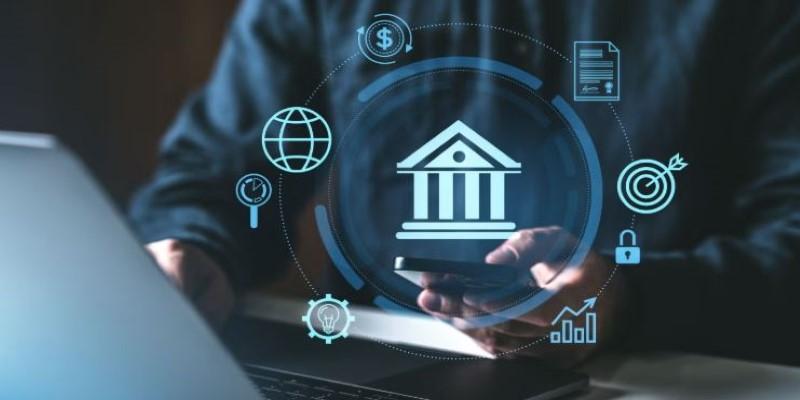
In fact, many people use both. It's common to keep a checking account at a traditional bank for ATM access or local support, and a savings account online to earn more interest. Some even switch between banks based on life events—using traditional banks for large purchases, such as homes or business loans, and online banks for everyday needs.
Over time, the line between the two has started to blur. Traditional banks now offer full-featured mobile apps. Some online banks provide live support with real people by phone or video chat. Hybrid banking might be the way forward, combining the reach of digital with the reassurance of local presence.
Banking today is no longer defined by marble floors or teller counters. It’s shaped by how easily you can move, access, and protect your money. Online banking and traditional banking both offer something different: speed and affordability versus depth and personal support. Neither is going away anytime soon, and the best choice depends on what matters to you—whether it’s the ease of tapping a screen or the comfort of speaking to someone face to face. Whichever path you choose, knowing how each option works will help you make smarter decisions with your money.
 TOP
TOP
Curious about when to claim your Social Security benefit? Learn how age, health, income, and other personal factors influence this important decision and shape your retirement future
 TOP
TOP
The joys of spontaneous travel with tips for unplanned adventures, packing light, and connecting with locals for unforgettable experiences.
 TOP
TOP
Discover thrilling day trips near Cape Town, featuring stunning landscapes, cultural experiences, and adventure for every traveler.
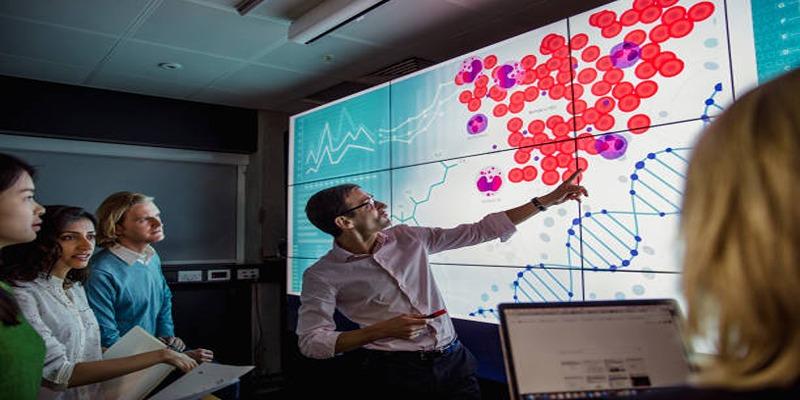 TOP
TOP
Discover the truths and misconceptions about medical research studies in this insightful article.
 TOP
TOP
The benefits of outdoor activities for improving physical and mental well-being.
 TOP
TOP
Discover the truth about cold weather and its link to sickness in this science-based article.
 TOP
TOP
Identify emotional clutter and discover practical ways to declutter your mind for clarity and peace.
 TOP
TOP
Debunking 7 common myths about Alzheimer’s and dementia for clearer understanding.
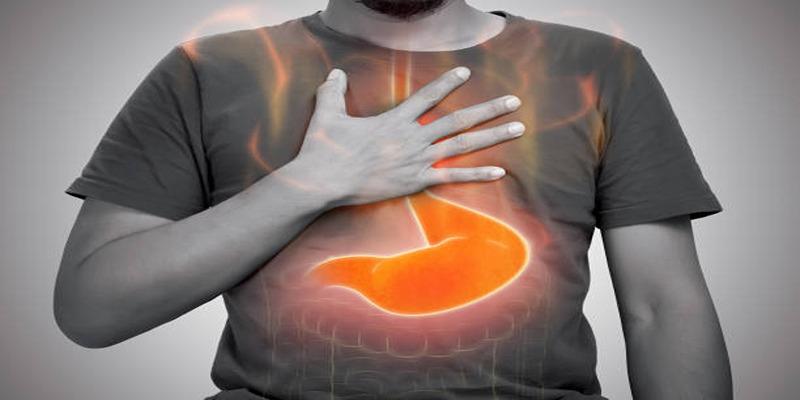 TOP
TOP
Untreated GERD can cause esophagus damage, Barrett’s esophagus, dental erosion, and cancer. Learn symptoms, risks, and why early treatment matters for health.
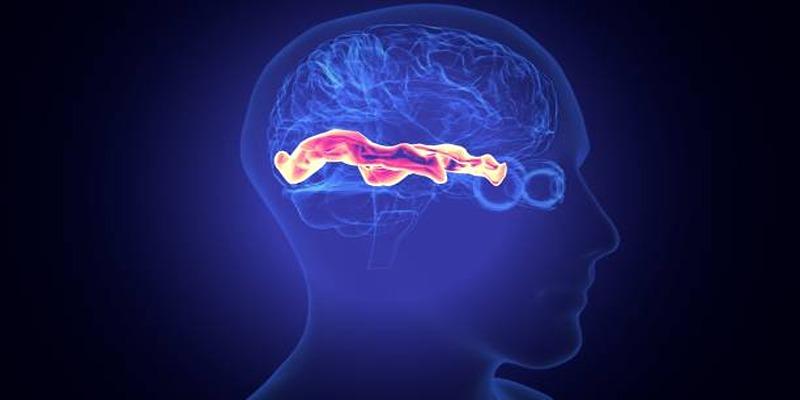 TOP
TOP
Aphantasia affects mental imagery, memory, and creativity. Explore its causes, cognitive impacts, coping strategies, and real-life adaptations for navigating life without a mind's eye.
 TOP
TOP
Mental health shapes our well-being, productivity, and equality. Learn why it matters for everyone and discover ways to build stronger support systems.
 TOP
TOP
Learn to identify whether your eyelid bump is a stye or a chalazion, understand the causes and symptoms, and explore effective treatment options for better eye health and comfort.